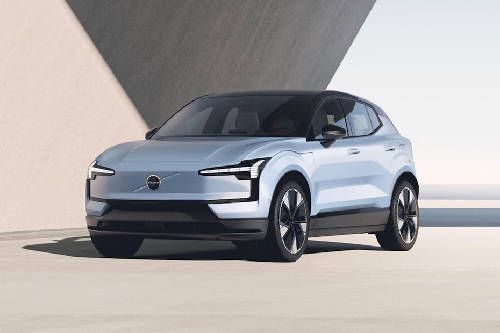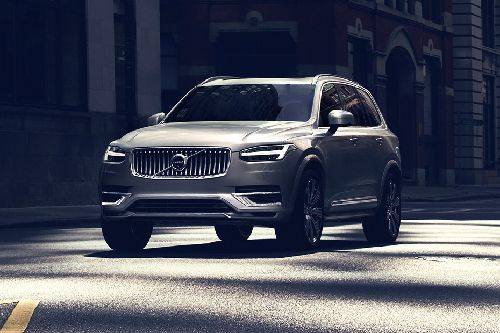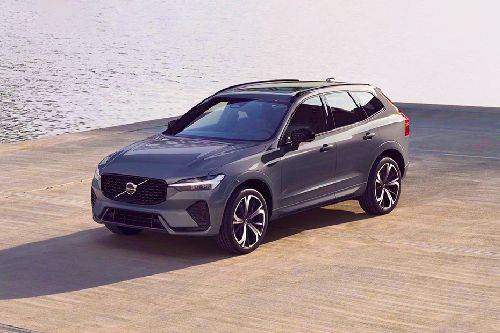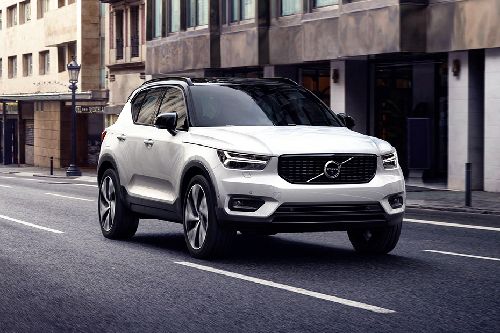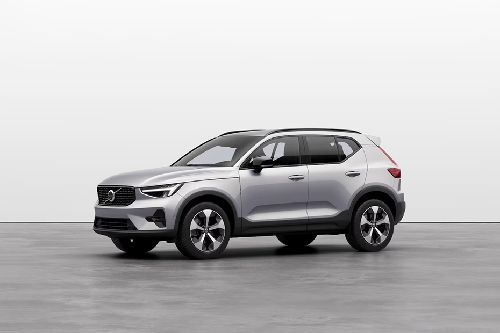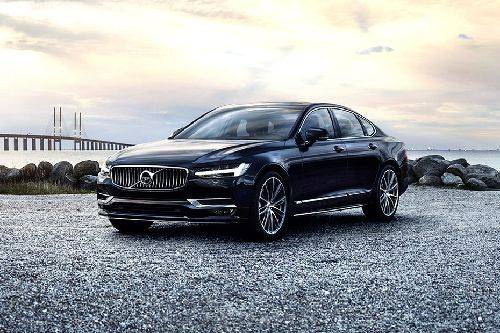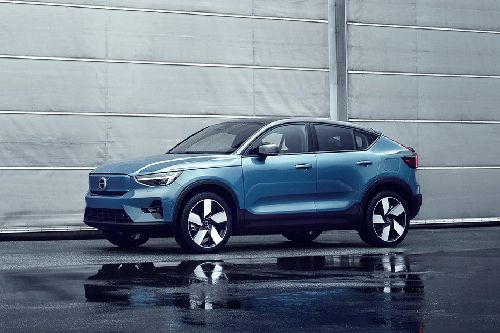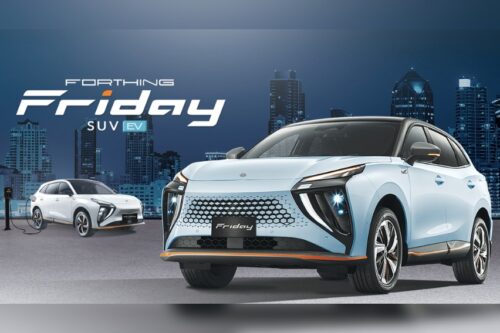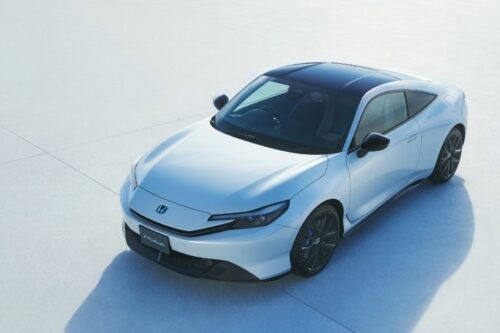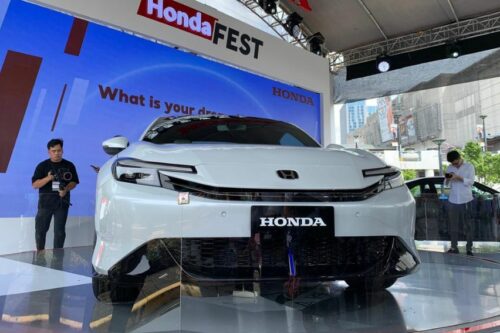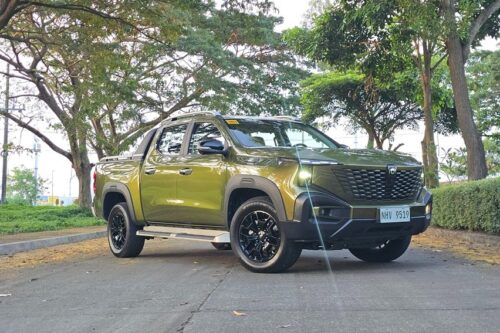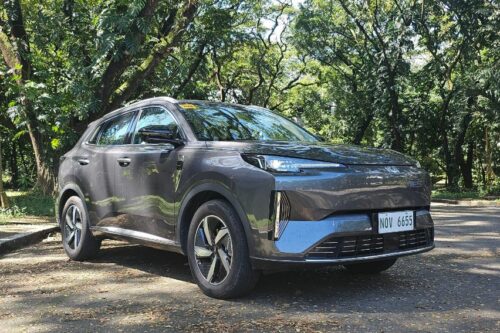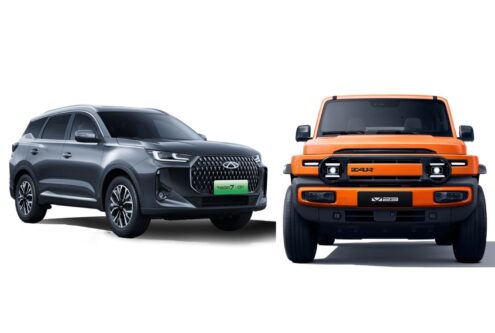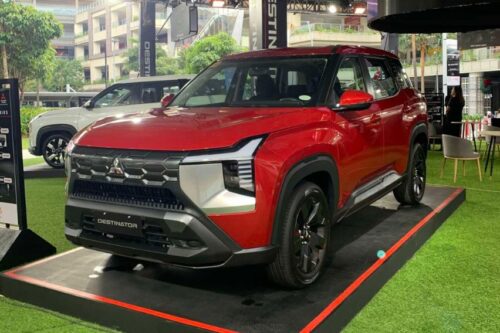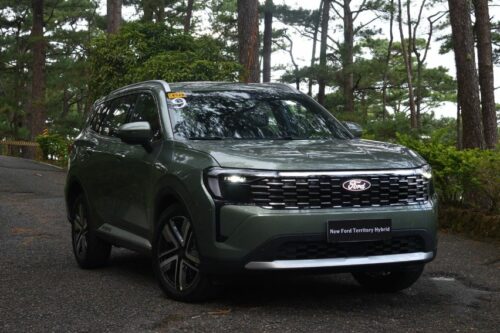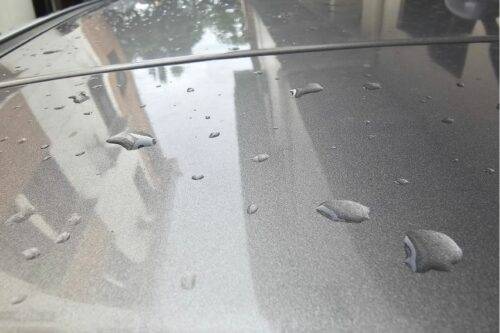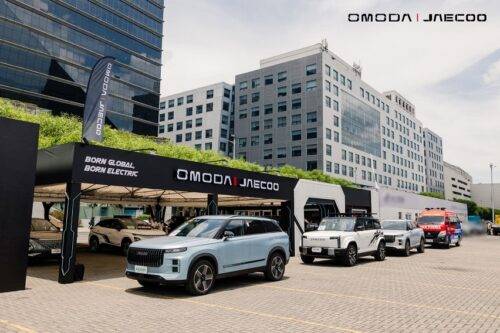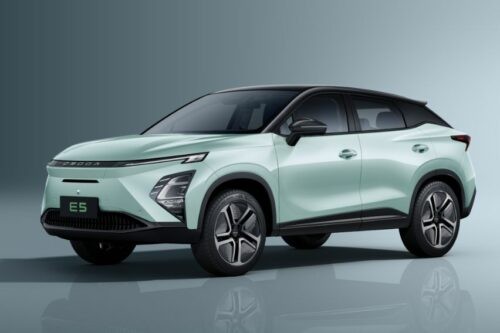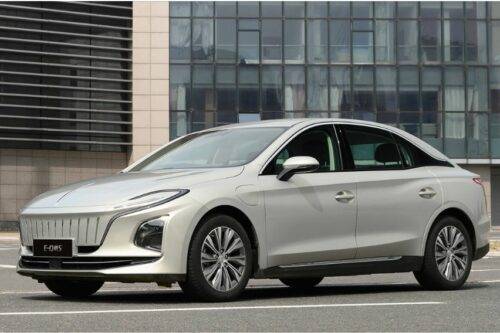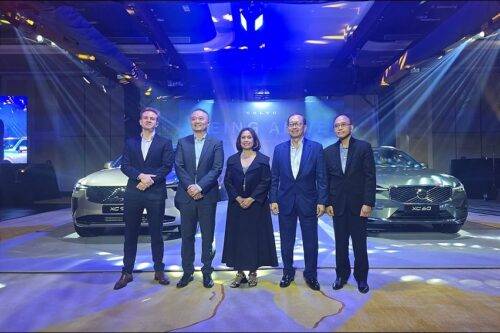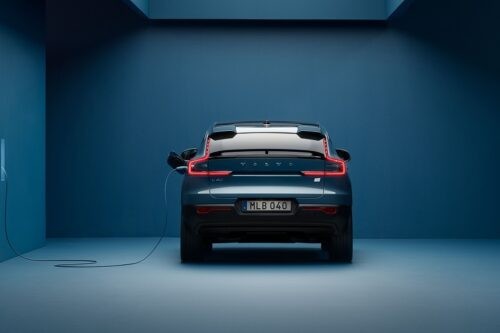Volvo to explore use of Bcomp lightweight natural fibers in EV interiors
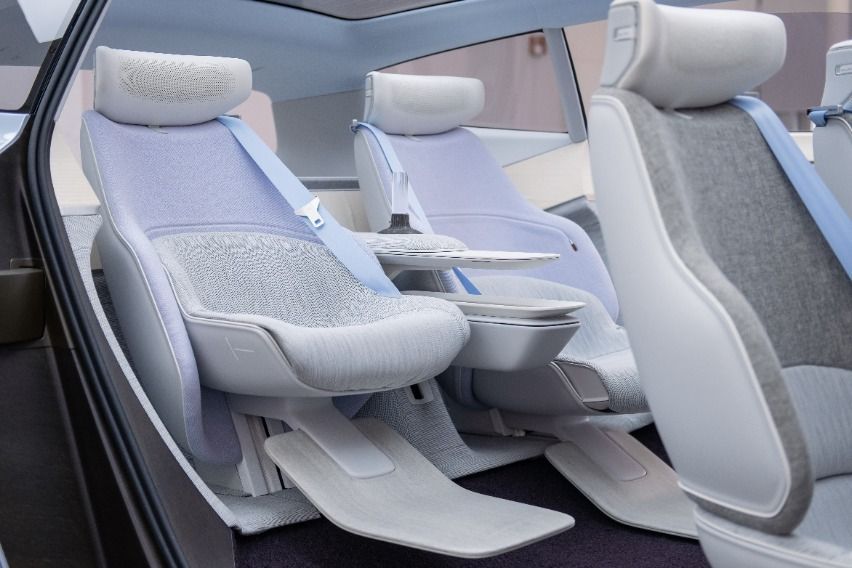
MANILA: Volvo Cars — through the Volvo Cars Tech Fund, the carmaker's tech venture arm — has made an investment in Bcomp, an innovative Swiss firm that develops high-performance lightweight materials based on natural fibers,.
KEY TAKEAWAYS
What are the key elements of the Bcomp fibers?
Bcomp uses flax fibers, a bio-based material that offers significant savings in terms of weight, energy use and emissions versus regular plastic parts.Which interior parts of the Volvo Concept Recharge preview the Bcomp materials?
Inside the Volvo Concept Recharge, Volvo has used a flax composite for the lower storage areas, the back of the headrests, and the footrests.To create its materials, Bcomp uses flax fibers, a bio-based material that offers significant savings in terms of weight, energy use and emissions versus regular plastic parts. The material also enables design options for aesthetic surfaces.
Volvo is actively exploring the use of natural fiber composites in its next generation of pure electric cars, while its EV brand Polestar also aims to use Bcomp’s materials in forthcoming models.
Volvo used Bcomp’s materials in its most recent concept car, the Volvo Cars Concept Recharge. Bcomp’s calculations show that compared to regular plastic parts, the natural fiber-based composites are up to 50% lighter, use up to 70% less plastic and generate up to 62% lower CO2 emissions.

“This investment is yet another example of our commitment to sustainability and strategic focus on reducing our carbon footprint,” Head of Volvo Cars Tech Fund Alexander Petrofski underscored.
“We have a long tradition of partnering with leading technology firms such as Bcomp because we see joint benefits in helping them to scale and develop innovative products in global markets.”
Revealed in the summer of 2021, the Volvo Concept Recharge demonstrates the steps Volvo aims to take in all areas of pure electric car development to reduce its cars’ and its overall carbon footprint. The company plans to sell only fully electric cars by 2030 and aims to be a climate-neutral business by 2040.
“We’re very encouraged by the possibilities offered by flax composites, which is why we used them both in the interior and on the exterior of the Volvo Cars Concept Recharge,” Senior Vice President Design at Volvo Cars Robin Page explained.
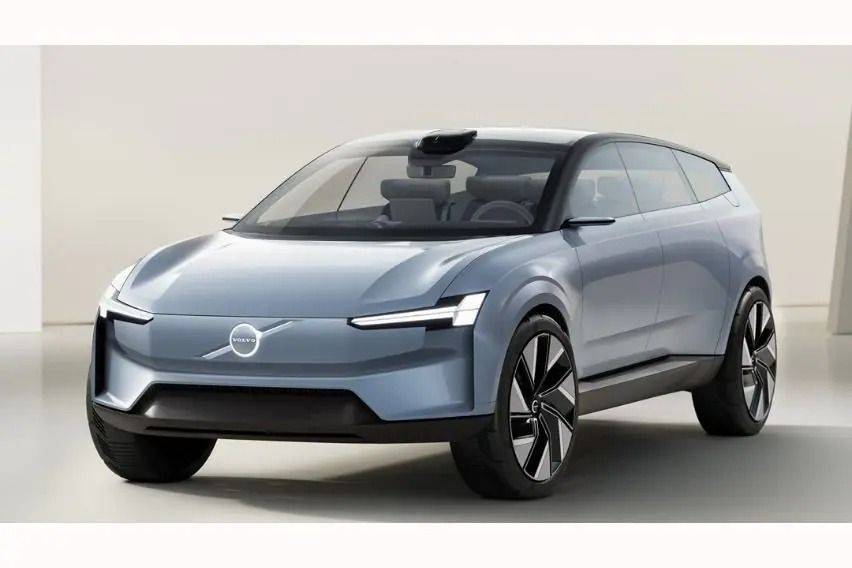
“It is a material that is environmentally responsible with a very low carbon footprint that also delivers an attractive and natural aesthetic.”
Inside the Volvo Concept Recharge, Volvo has used a flax composite for the lower storage areas, the back of the headrests and the footrests. On the exterior of the car, the front and rear bumpers as well as the sill moldings consist of flax composites.
The ambition to constantly reduce emissions and become climate neutral by 2040 is part of Volvo Cars’ climate action plan, one of the most ambitious in the industry. Already by 2025, the company aims to reduce lifecycle CO2 emissions per car by 40% compared with 2018.
Photos from Volvo
Also read: Volvo conducts wireless EV charging trial in Sweden
Sell your car at the best price
 Verified and genuine buyers
Verified and genuine buyers
Volvo Car Models
Trending & Fresh Updates
- Latest
- Popular
You might also be interested in
- News
- Featured Stories
Volvo Featured Cars
- Latest
- Popular
Latest Volvo Car Videos on Zigwheels

Volvo Car Articles From Carmudi
- journal

